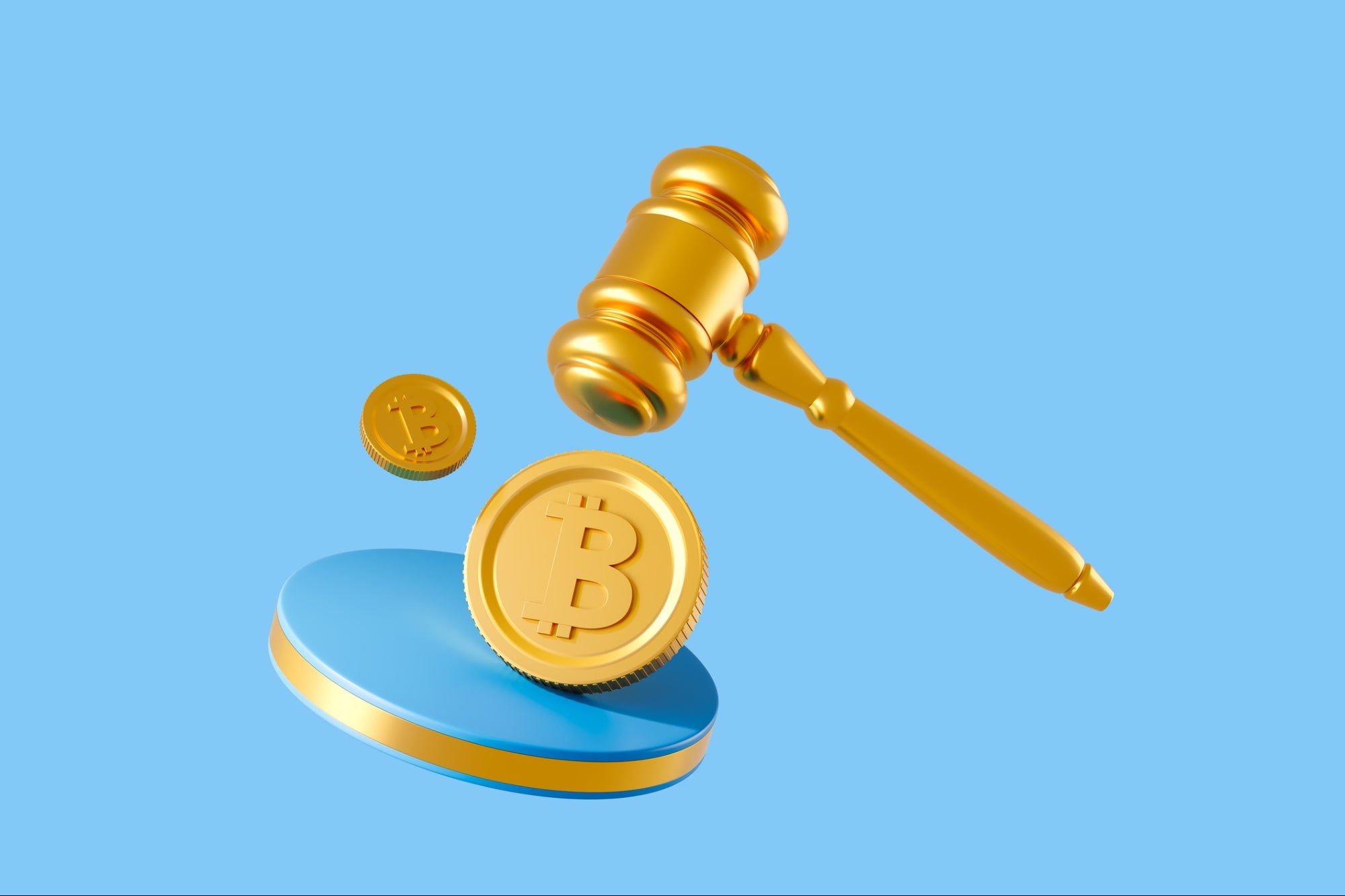
"The GENIUS Act, signed on July 18, 2025, represents the cornerstone of the administration's cryptocurrency strategy. Officially, the initiative aims to remove excessive administrative barriers and legalize stablecoins - crypto assets backed by real American assets: dollars, treasury bonds or gold. According to legislators, these coins should simplify transactions and position the United States as a global leader in digital finance."
"Understanding cryptocurrency laws in the U.S. requires looking beyond official narratives. The stablecoin market, currently valued at over $260 billion, is projected to reach $2 trillion by 2028 under this new regulatory framework. This explosive growth will fundamentally alter the financial landscape in ways that may not align with stated objectives. The question of who regulates cryptocurrency in the U.S. is becoming complex under the new legislation. The hidden agenda behind these laws appears to be weakening the Federal Reserve System's control."
"As a reminder, the Fed, established in 1913, consists of twelve regional reserve banks and is considered a private structure independent of executive power. The prerogative of issuing "national money" is firmly secured by the Fed, and attempts to interfere with its powers have invariably met with strong opposition. Understanding who regulates cryptocurrency in the U.S. reveals the political power struggle behind recent laws."
The GENIUS Act, signed July 18, 2025, legalizes stablecoins and aims to remove administrative barriers, defining stablecoins as assets backed by dollars, treasury bonds, or gold. Legislators expect these coins to simplify transactions and reinforce U.S. leadership in digital finance. The stablecoin market currently exceeds $260 billion and is projected to reach $2 trillion by 2028 under the new regulatory framework, signaling rapid private-sector growth. The legislation raises concerns about political motives, including efforts to weaken the Federal Reserve's control. The Federal Reserve, established in 1913 with twelve regional reserve banks, maintains the prerogative to issue national money, and the law functions as a partial measure.
Read at Entrepreneur
Unable to calculate read time
Collection
[
|
...
]